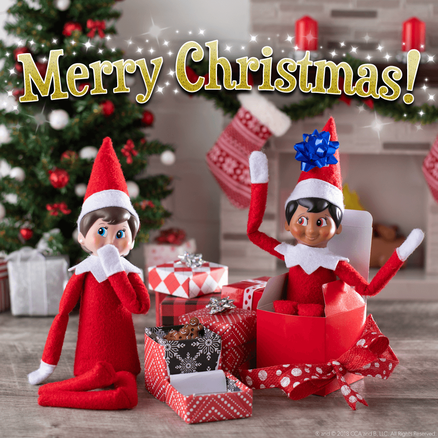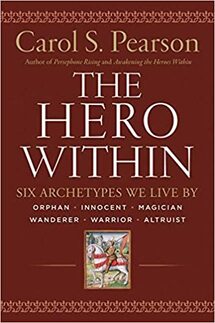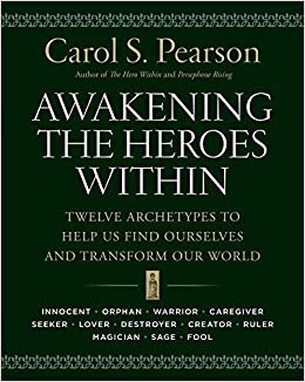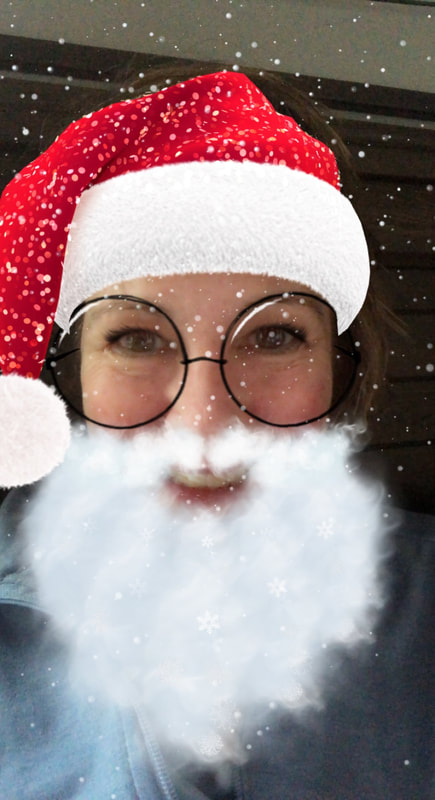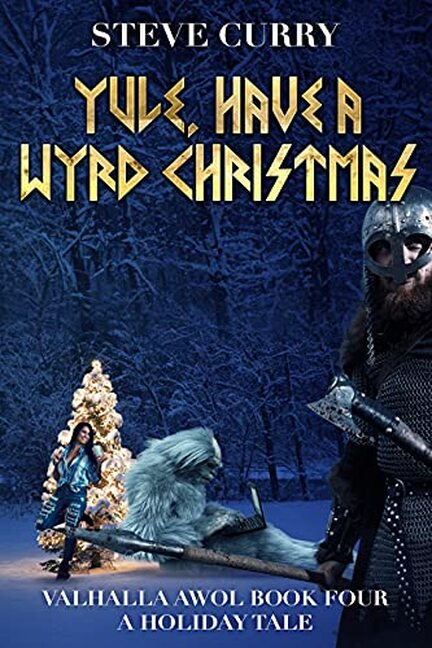Friends, welcome to the 10th edition of the "Tracking Your Wyrd" course.
|
I realize you may need to tuck this letter away to read after the holidays. When things settle down for you, I want to offer you another way to track your wyrd giftedness, the gifts given to you by the Wryd Sisters and protected by your Genius, and that’s to use the concept of archetypes.
Some of you are very familiar with archetypes, which are best described as universal patterns in the psyche. Something is archetypal if we can expect to find it in every culture in every period of time in history. In particular this week, I want to look at archetypal roles, and in doing so, shout out the work of Carol S. Pearson.
|
Carol’s work with archetypes began with her 1986 title The Hero Within: Six Archetypes We Live By. The six archetypal roles she explored in that book are
She expanded that to twelve archetypes in 1991 in Awakening the Heroes: Within Twelve Archetypes to Help Us Find Ourselves and Transform Our World. The twelve archetypes in that edition are
|
At the end of Awakening the Heroes Within, there’s a self-assessment tool you can take to rank your archetypes, and lots of exercises for deeper reflection.
Since that book came out, Carol and her partner Hugh Marr have worked with CAPT, the Center for Applications for Psychological Type, on both revising the types and the assessment tool. The twelve types they’ve now landed on, after more rigorous research, are
Same basic archetypes, just different names and inflections. So you can take the test in her Awakening the Heroes Within book for the original archetypes, or go to the Storywell website (click here) and for $25, take the assessment tool that’s been retooled, so to speak.
Since that book came out, Carol and her partner Hugh Marr have worked with CAPT, the Center for Applications for Psychological Type, on both revising the types and the assessment tool. The twelve types they’ve now landed on, after more rigorous research, are
- The Idealist
- The Realist
- The Warrior
- The Caregiver
- The Seeker
- The Lover
- The Revolutionary
- The Creator
- The Ruler
- The Magician
- The Sage
- The Jester
Same basic archetypes, just different names and inflections. So you can take the test in her Awakening the Heroes Within book for the original archetypes, or go to the Storywell website (click here) and for $25, take the assessment tool that’s been retooled, so to speak.
I’ve written this to you before, and it bears repeating—each one of these tracking tools is meant to be iterative, by which I mean, they may not produce new information, but will begin to repeat themselves. And that’s a good thing because it means we're tracking our wyrd well! For instance, my two highest archetypal roles are the Lover and the Creator—no new information here, just more confirmation. When I look back at my mountaintop experiences, my highest peak experiences are inside of those two roles, and almost all of my upper mountain ranges are as well. If you take the assessment tool, I’d suggest you look back over the last nine weeks and look for patterns of congruence. Here are some questions to ask yourself (I’ll answer them for myself in parenthesis to give you an example).
- Are your archetypal roles present in your mountaintop experience? (Explained above)
- Are they present in your childhood wyrd? (I was always creating something as a child)
- Are they roles played by the characters you were drawn to as a child? (Willy Wonka—the ultimate Creator!)
- Are they roles played by your mentors, role models, teachers, guides, etc? (Leo Buscaglia, Martin Luther King, Jr., Marianne Williamson, all Lovers)
- Looking at your top values, are they consistent with your roles? Or, are they values that your top roles allow you to express? (My value of service connects with the Lover)
- How do your strengths and your roles connect? (My strength of connection fits with my role of Lover, my strength of intellection fits with my role as a teacher, which is connected to the Creator)
- How have those roles played out inside the rag-tag collection of clowns known as your family? Were these roles supported and fostered in the family? Was there something about your family that gave you on-the-job training in these roles? Are these roles you carry for or within the family? Do your roles distinguish you from your family, making you wyrd to them? (My mom will often say, after I have published a new book or completed a new creative project, “I don’t know where you came from!”)
Until we meet again, my friends, stay well, stay wyrd.

